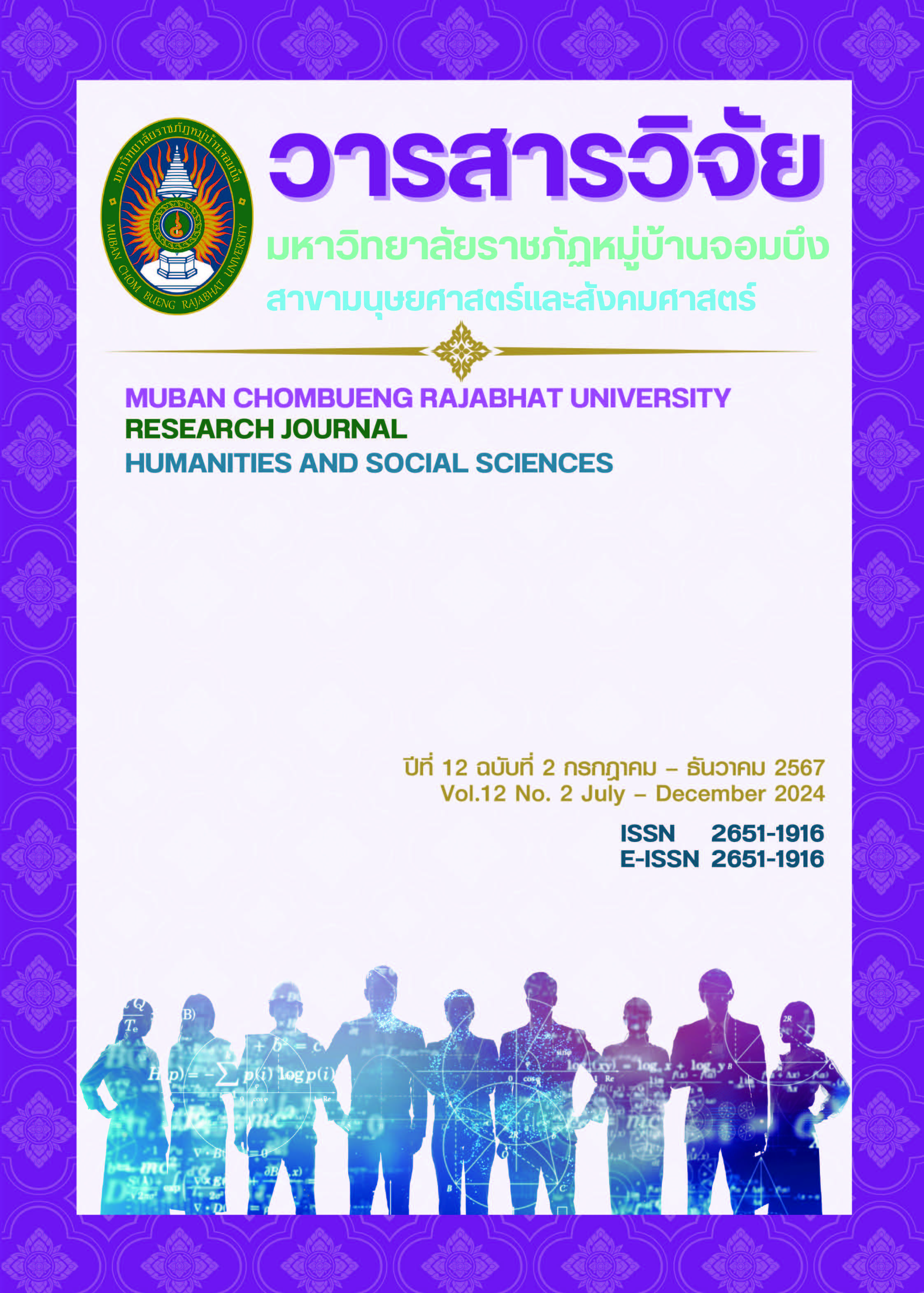Political communication of the new generation Case study of students at Nakhon Sawan Rajabhat University
Keywords:
Political communication, New generation, Political marketingAbstract
This article aims to study the political communication methods of the new generation in Thai political society. And analyze the political communication of students at Nakhon Sawan Rajabhat University. This research is qualitative research. Data were collected from documentary research, in-depth interview, and observation. Findings are as follows:
The new generation has many forms of political communication via social media, including: Perception of political information. Forwarding political information. Following the political situation. Expressing opinions or criticizing politics. And following political society trends and political discussions.
The new generation has political communication through political activities in public sphere, including: Political rallies to demand, resist, and express political stances. political symbolic expression. Participating in political campaigns. Participating as an election observer. And applying for political party membership.
The new generation's interest in politics arises from many factors, such as factors related to living conditions and problems in society that affect oneself in the long term. Factors related to political situation that cause chaos and are not democratic. And family, social, and environmental factors that push one to be more interested in politics.
During the election, the new generation has more political communications than usual. There is monitoring of the political situation. Study and analyze election campaigns of politicians and political parties. Election results are followed and analyzed.
The new generation's perspective on political communication between political parties and the public focuses on easy, transparent, and up-to-date access to political party information. Political parties must reach out to all groups of people. And give more importance to the new generation
References
กีฬาบอล กอนแสง. (2564). สังคมออนไลน์กับการสร้างพื้นที่ประชาธิปไตย: กรณีศึกษากลุ่มนักศึกษาระดับปริญญาโท คณะรัฐศาสตร์ มหาวิทยาลัยรามคำแหง [วิทยานิพนธ์ปริญญามหาบัณฑิต]. สำนักหอสมุดกลาง มหาวิทยาลัยรามคำแหง. https://digital.lib.ru.ac.th/m/b12122300/KeelaballKonseang.pdf
นันทนา นันทวโรภาส. (2557). สื่อสารการเมือง: ทฤษฎีและการประยุกต์ใช้. แมสมีเดีย.
บัณฑิต จันทร์โรจนกิจ. (2564). การศึกษาการสื่อสารของพรรคการเมืองผ่านแนวคิดเรื่องการตลาดการเมือง (Political Marketing) เพื่อสร้างความนิยมทางการเมืองไทย: กรณีศึกษาการเลือกตั้งทั่วไป พ.ศ. 2562. รายงานการวิจัยฉบับสมบูรณ์. สถาบันพระปกเกล้า.
บุษฎี แววศักดิ์. (2564). การสื่อสารทางการเมืองผ่านทวิตเตอร์ของประธานาธิบดีโจโค วิโดโด แห่งประเทศอินโดนีเซีย [วิทยานิพนธ์ปริญญาดุษฎีบัณฑิต]. สำนักหอสมุด มหาวิทยาลัยนเรศวร. http://dcms.lib.nu.ac.th/dcms/TDC2565/BudsadeeWaeosak.pdf
วิสุทธิ์ ขันศิริ. (2564). กลยุทธ์การตลาดการเมืองของพรรคอนาคตใหม่ในการหาเสียงเลือกตั้ง 24 มีนาคม 2562 [วิทยานิพนธ์ปริญญาดุษฎีบัณฑิต] ศูนย์เรียนรู้และหอสมุด มหาวิทยาลัยธุรกิจบัณฑิตย์. https://libdoc.dpu.ac.th/thesis/Wisut.Khu.pdf
Rocket Media Lab. (2566, 23 กุมภาพันธ์). เจนไหนไฟแรงเฟร่อ : เปิดข้อมูลผู้มีสิทธิเลือกตั้ง ’66. Rocket Media Lab. https://rocketmedialab.co/election-66-2/
Rocket Media Lab. (2566, 28 กุมภาพันธ์). เปิดข้อมูลผู้มีสิทธิเลือกตั้ง ’66 รายภาค-รายจังหวัด และจำนวน ส.ส.เขต ‘62-’66. Rocket Media Lab. https://rocketmedialab.co/election-66-3/
Downloads
Published
How to Cite
Issue
Section
License
Copyright (c) 2024 Muban Chombueng Rajabhat University Research Journal (Humanities and Social Science)

This work is licensed under a Creative Commons Attribution-NonCommercial-NoDerivatives 4.0 International License.
Journal of TCI is Licensed under a Creative Commons Attribution-NonCommercial-NoDerivatives 4.0 International (CC BY-NC-ND 4.0) licence, unless otherwise stated, Please read our Policies page for more information on Open Access, copyright and permissions.



